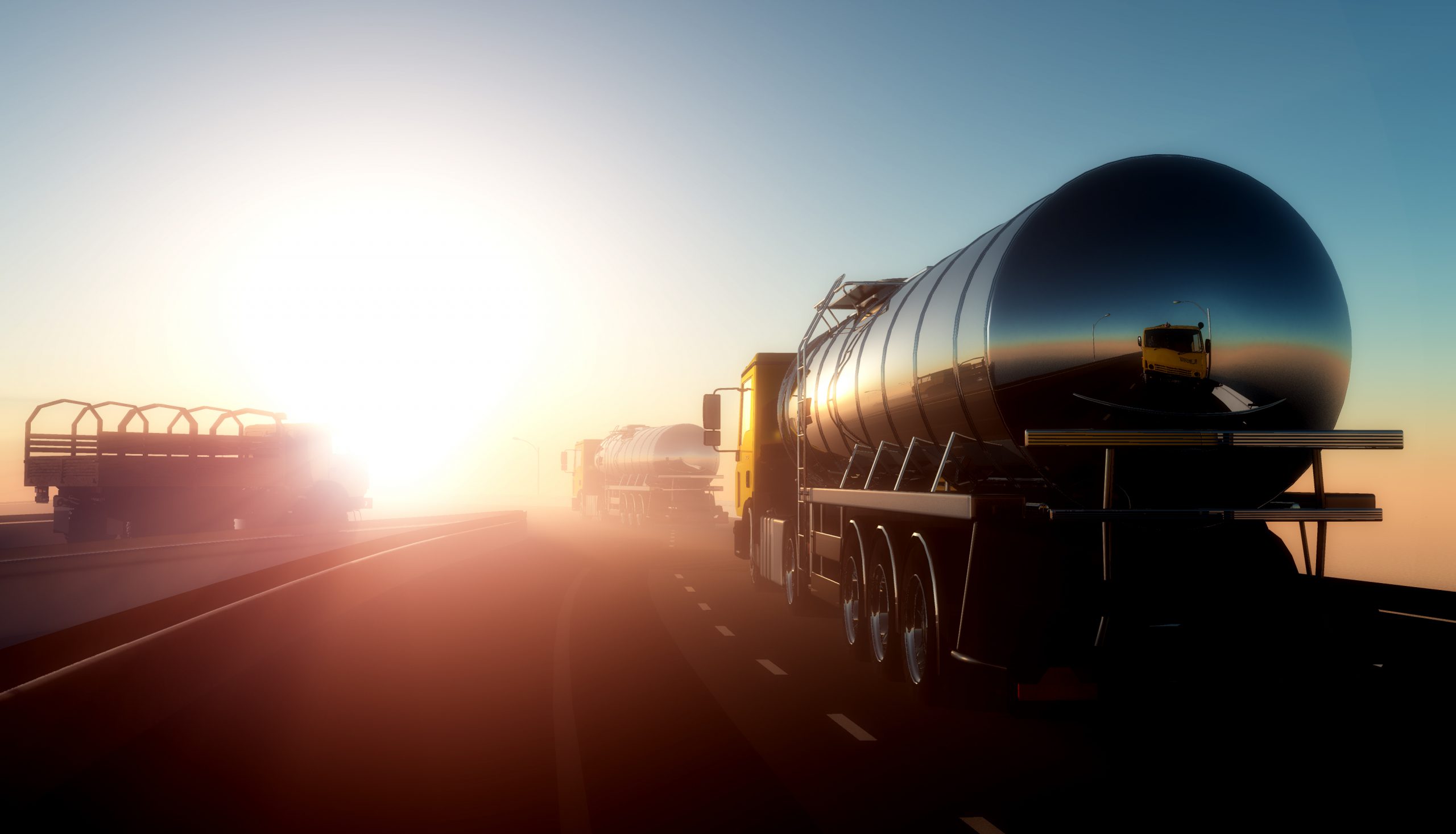
How can fuel infrastructure expansion and maintenance ensure increased demand
Ensuring continuity of supply in the logistics industry is of critical importance at this challenging time.
Richard Campbell at
Adler and Allan explains the opportunities for temporarily expanding fuel infrastructure, and the importance of maintaining your existing fuel infrastructure to ensure compliance and safety.
According to DEFRA, food manufacturers have increased their production by 50% to cope with a surge in demand caused by the Coronavirus outbreak. We have seen a significant shift in food purchases from the foodservice sector to supermarkets . The shift has been so huge that it prompted one of the big four supermarkets to change its core purpose to ‘feed the nation’.
Other retailers are experiencing a mixed picture. Some, like electrical retailers are experiencing a surge in sales as people purchase items to help them stay connected, work and entertained during lockdown. While fashion retailers have experienced slumps and have taken the decision to close warehouses at this time to aid with social distancing .
There are options available to businesses to increase their distribution fleet fuel capacity to fulfil the surge in demand. I would also urge businesses to ensure their fleet fuel infrastructure now, more than ever, is compliant and safe.
Installing temporary new infrastructure
The first, and simplest way to increase the volume of fuel in your distribution fleet tanks is to arrange additional fuel deliveries.
Installing new, temporary fleet fuel tanks and pumps could also be an option. This would mean that you could store more fuel, which would generate a cost saving as well as a time efficiency while you wait for tanks to be refuelled.
When we perform a new tank installation, we sometimes install a temporary tank to allow refuelling operations to keep running while a new unit is installed. A temporary tank could be used in this scenario to increase the capacity of fuel.
Let’s say your operation currently uses 20,000 litres of fuel per day from a 40,000 litre tank. But you need 50,000 litres to fulfil demand. You could increase the frequency of fuel deliveries, or alternatively install a bigger tank or multiple tanks.
It depends how much more fuel you are using.
If you are a smaller operation you may currently be utilising the many forecourts in the UK to fuel your fleet of delivery vehicles. But as demand increases, this may not be the most cost-efficient option. Fuel is cheaper when it is bought in bulk. So, although the initial outlay for a temporary (or indeed permanent) tank is more, if you use enough fuel it will pay for itself.
No-one knows how long this crisis is going to go on for, if it lasts 6-8 months it could be more cost effective to install temporary infrastructure.
Ensure your maintenance schedule is adhered to
Maintaining your existing infrastructure is also vitally important in this time of crisis to ensure your distribution fleet can cope with increased demand.
Maintenance requirements do not increase with increase in use, it runs on time, not capacity. Fuel tanks should be inspected every one, three, six, 12, 36 and 72 months.
The Department for Transport recently confirmed that there was to be no change in the legislation regarding ADR tank testing.
The three yearly intermediate inspection should be completed within three months either side of the specified test date (Reference: ADR book 2019 Ref 6.8.2.4.3). The six yearly period inspection should be completed by the specified date.
It is critical, now, more than ever, to ensure that maintenance schedules are not missed for the compliance and safety of your operation, so you can continue to fulfil demand.
The increase in use will likely mean that remedials will be higher. The inspections identify parts that are not fit for purpose, and remediation work is either suggested or imposed depending on the severity of defect found. Parts that are more likely to require replacement with increased use are filters and gauges for example.
Every day of downtime can cost some national supermarkets in the region of £1m in lost revenue, and that doesn’t take into account the added pressure of continuing to feed the nation.
Apart from the tanks themselves, the Fuel Storage Regulations cover separators, bunds and associated pipe work, with standards set and enforced by the Environment Agency, EN standard EN858-2 states that separators should be serviced at least twice a year.
An increased possibility of leak or spill
An increase in demand will also increase the possibility of a leak or spill. A spill of a substance capable of harming the environment and/or human health could result in a criminal prosecution by the relevant regulator under various statutory regimes. It could also lead to civil claims for nuisance or negligence from residents and other businesses affected by the incident.
Not only can site owners and any employees or contractors tasked with facilities management be held personally liable in a criminal court for spills, non-compliance with legislative obligations can generate massive downtime at your site, huge fines and multiple private claims.
3,000 pollution incidents last year involved oil or fuel and with an average fine of £30,000 the penalties can be steep.

Ensuring you are there when the nation needs you most
There are many opportunities to increase capacity to ensure your distribution fleet can fulfil demand and feed the nation. Immediately increasing fuel deliveries is one solution. Installing temporary fuel tanks could bridge the gap, without the need for a permanent solution and increase fuel cost efficiency.
Maintenance shouldn’t be ignored, especially in a time of crisis. Making sure maintenance requirements are met will ensure the compliance and safety of your operation. If the worst does happen and you experience a spill, the maintenance record will stand you in good stead with the authorities.
You need a partner that can be flexible and work around your business to minimise disruption and downtime, whether delivering additional fuel, adding fuel infrastructure capacity, conducting routine maintenance, or quickly and effectively dealing with your spill incident.
Adler and Allan can keep you compliant and operational. If you need to install a new fuel tank at midnight, conduct routine maintenance on a Sunday or you have a spill on a Friday night we will be there for you, so that you can be there when the nation needs you most.
Want to learn more about spills? Sign up for email updates by clicking here.
- https://www.foodmanufacture.co.uk/Article/2020/03/22/Coronavirus-panic-buying-prompts-food-manufacturers-to-boost-production
- https://www.essentialretail.com/features/covid19-crisis-daily-retail-update/

